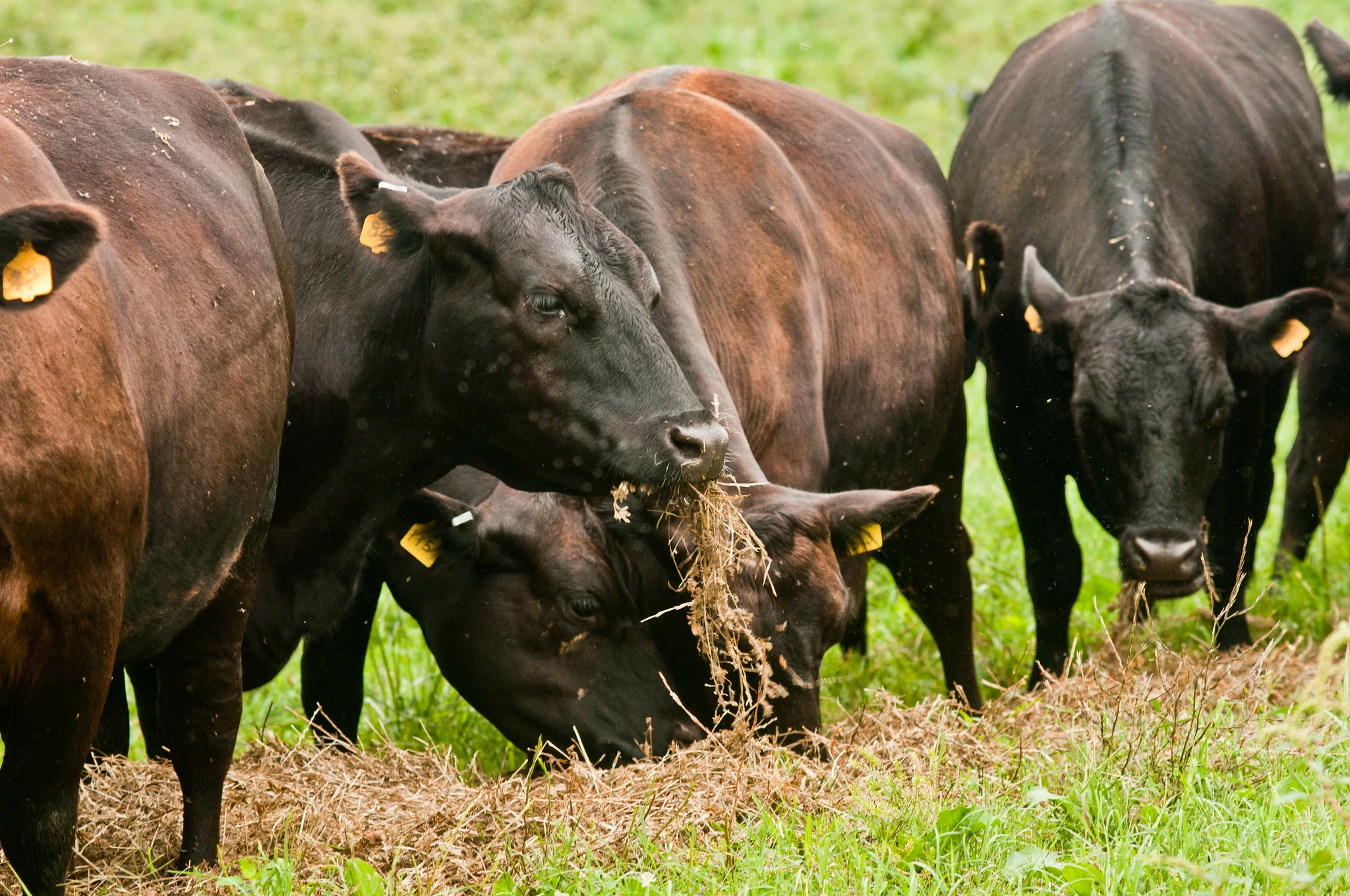
Partner Article
Reintroduction of processed animal proteins (PAP): Europe is suffocating under the contradictions
*The European Union is considering ending the ban on processed animal proteins (PAP) in certain animal feed. *
A ballot within the EU standing Committee on Plants, Animals, Food and Feed (SCoPAFF) was held on the question of whether or not to permit the feeding of pig PAPs to poultry, and poultry PAPs to pigs. As a result, BSE-crisis legacy legislation looks set to change, despite EU commitments to animal health, public safety, and core aspects of the European Green Deal.
Representatives from each of the EU member states backed the draft Commission Regulation amending Annex IV to Regulation (EC) No 999/2001 that would lift rules put in place for the prevention, control, and eradication of certain transmissible spongiform encephalopathies (BSE).
The decision was adopted with 25 votes in favour, with abstentions coming from France and Ireland. The process now moves on to the scrutiny stage, wherein the European Parliament and the Council of the EU have an opportunity to review and assess the motion.
It is no secret that the European Commission fully intends to authorise “the feeding of non-ruminant farmed animals with insect PAP, and to reauthorise the feeding of poultry PAP and the feeding of pigs with poultry PAP, without jeopardising animal and public health with regard to BSE [emphasis added].”
It is this final detail which could be a source of disagreement.
Implications
The first question is whether or not the benefits of reductions in controls merit the risks. The BSE crisis was catastrophic for the farming sector, an episode that left a lasting mark on the European population and a number of people dead as a result of cross-species infection.
The EU adopted a more cautious line than the rest of the world regarding the utilisation of animal proteins in animal feeds, and this of course had consequences on the market for and economic value of rendered products. However, many people applauded this and would be unhappy with legislative backtracking.
An important consideration, from the perspective of infrastructure, is the practicality of keeping strictly single-origin feed mills in place. This could require significant specific investment. Equally, farmer customers and end consumers have to be happy with the reintroduction of such products.
Equally, there are religious concerns to be taken into consideration.
Different groups avoid eating pork and, therefore, chicken fed with pork PAP would be contaminated. Not only would this create some uncertainty for particular consumers, but the question of how supermarkets and retailers accommodate for such considerations, at the level of packaging and labelling, must also be answered.
Consumers in general could show resistance to PAP fed products as a result of the historical consequences.
Given present ongoing animal health crises, such as African swine fever (ASF) which has marred China, many experts suggest that greater care needs to be taken to ensure lower levels of risk for the emergence of other animal diseases.
This point is particularly salient as evidence shows risks of bacterial and viral outbreaks is increasing over time, largely as a result of in industrial farming ecosystems.
Keeping feed green
Attempts to diminish the risks associated with PAP have resulted in far harsher methods of industrial processing. As a consequence, PAP no longer has the nutritional quality it once did. Research to assess how viable it is as a feed contributor is ongoing, but lobbying on this matter at Commission level has been intensive.
Principal Advisor of Wageningen University & Research and former co-chairman of the Global Research Alliance (GRA) on Agricultural Greenhouse Gases, Dr Martin Scholten is an expert advisor on future perspectives of food production in the Netherlands and Europe. “The first step towards achieving more sustainable livestock is to build greater resilience to disease,” Scholten says.
Healthy animals need fewer resources like water, feed, and medicine, and they also make a greater contribution to ecological processes through producing fertilizer and contributing to carbon storage through grazing, he explains — “Preventative health measures to protect animals are a critical component of sustainability.”
In this way, strict controls against PAP in feeds make farming more sustainable by guaranteeing healthier animals — despite suggestions that greater use of animal protein sources could be efficient by contributing to circular practices.
Rising levels of resistance to anti-biotics among pathogens is another factor that will inform risk-assessments regarding agriculture regulations.
This was posted in Bdaily's Members' News section by Daniel Brooks .
Enjoy the read? Get Bdaily delivered.
Sign up to receive our popular morning National email for free.








 Raising the bar to boost North East growth
Raising the bar to boost North East growth
 Navigating the messy middle of business growth
Navigating the messy middle of business growth
 We must make it easier to hire young people
We must make it easier to hire young people
 Why community-based care is key to NHS' future
Why community-based care is key to NHS' future
 Culture, confidence and creativity in the North East
Culture, confidence and creativity in the North East
 Putting in the groundwork to boost skills
Putting in the groundwork to boost skills
 £100,000 milestone drives forward STEM work
£100,000 milestone drives forward STEM work
 Restoring confidence for the economic road ahead
Restoring confidence for the economic road ahead
 Ready to scale? Buy-and-build offers opportunity
Ready to scale? Buy-and-build offers opportunity
 When will our regional economy grow?
When will our regional economy grow?
 Creating a thriving North East construction sector
Creating a thriving North East construction sector
 Why investors are still backing the North East
Why investors are still backing the North East